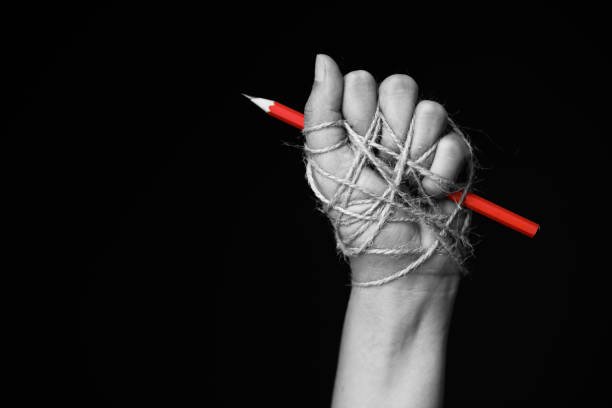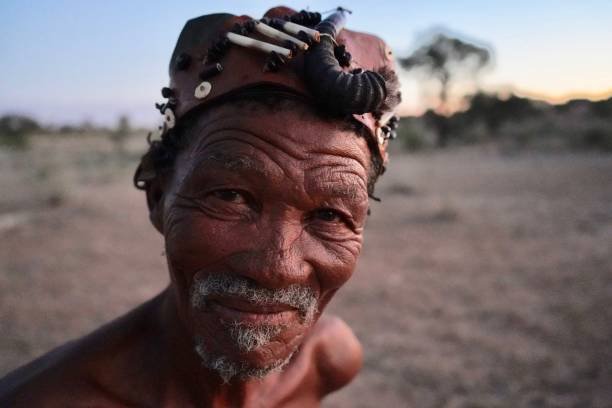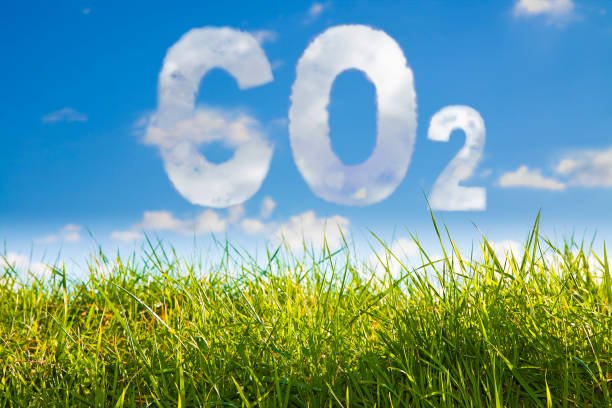On this page, we look what could be the negative effects of censorship in a democratic country like South Africa.
Censorship in a democratic country refers to the restriction or suppression of information, communication, or expression by the government, regulatory bodies, or private entities. While censorship can occur in any form of government, it has distinct implications in a democratic setting, where freedom of expression is typically regarded as a fundamental right. Several theories and authors have addressed the concept of censorship in democracies:
- The Marketplace of Ideas Theory (John Stuart Mill): In his book “On Liberty” (1859), John Stuart Mill posits that society should function as a marketplace of ideas where all views are openly expressed and compete for acceptance. In this view, censorship is detrimental because it stifles the free exchange of ideas, which is essential for discovering truth and promoting intellectual and social progress.
- Social Responsibility Theory (Wilbur Schramm): Emerging in the mid-20th century, the Social Responsibility Theory acknowledges that while freedom of the press is essential, media outlets have an obligation to serve the public good. It can sometimes be used to justify censorship in cases where content is deemed harmful or against the public interest. Schramm suggests that some level of regulation may be necessary to ensure that media serves society responsibly.
- The Chilling Effect (Vincent Blasi): The theory of the chilling effect suggests that the mere existence of censorship laws or regulations can lead to self-censorship, as individuals or organizations may become hesitant to express themselves freely for fear of punishment. This is particularly detrimental in a democratic society, where a diversity of opinions is necessary for a healthy democratic process.
- Filter Bubble Theory (Eli Pariser): Though not directly about government censorship, Eli Pariser in his book “The Filter Bubble” (2011) talks about how personalized web algorithms can create a form of censorship. He suggests that as web content becomes increasingly tailored to individual preferences, people are isolated in “filter bubbles” and are not exposed to information that challenges or broadens their worldview.
- Democratic Theory and Public Sphere (Jürgen Habermas): Habermas introduces the concept of the public sphere as an area in social life where people can gather to freely discuss and identify societal problems, and through that discussion, influence political action. Censorship, in this theory, inhibits the functioning of the public sphere by limiting the information and ideas that can be discussed.
- The Spiral of Silence (Elisabeth Noelle-Neumann): This theory posits that individuals are less likely to express their opinions if they believe they are in the minority, for fear of isolation or reprisal. While this theory primarily addresses self-censorship, governmental censorship can exacerbate the spiral of silence by further suppressing minority opinions.
In a democratic society, censorship is a complex issue that needs to be balanced carefully. While it can sometimes be used to protect citizens from harmful content, it can also be used to suppress dissent, control information, and hinder the democratic process. The theories and authors mentioned above have contributed significantly to our understanding of the role and impact of censorship in democratic societies.
What could be the negative effects of censorship in a democratic country like South Africa?
Censorship, in any form, can be a controversial issue. In a democratic country like South Africa, which has a history marked by oppression and restriction of freedom during the apartheid era, censorship can have particularly serious consequences. Below are some of the negative effects of censorship in a democratic country such as South Africa.
- Suppresses Freedom of Expression and Speech: One of the foundational principles of democracy is the freedom of expression. Censorship can limit this freedom, as it often involves suppressing or controlling what can be said, written, or broadcast. In South Africa, this could stifle the voices of marginalized communities who may be trying to draw attention to injustices.
- Hampers Journalistic Independence and Media Freedom: A free press is often considered the fourth pillar of democracy. When censorship is enforced, journalists and media organizations might be unable to perform their roles effectively. In South Africa, where media played a significant role in the struggle against apartheid, this is particularly significant. It’s crucial for journalists to be able to report on government actions without fear of retribution.
- Inhibits Cultural and Artistic Expression: South Africa boasts a rich tapestry of cultural diversity. Censorship can stifle the creative industry, as artists may not be free to express themselves without fear of their work being censored or banned. This limits cultural development and can create a monolithic culture that does not represent the diversity of the country.
- Promotes Government Control and Propaganda: Censorship can lead to a scenario where only government-approved information is disseminated to the public. This could lead to the spread of propaganda, where the government controls the narrative on various issues. This is particularly problematic in a country that has experienced historical government misuse of power, as was the case during apartheid in South Africa.
- Hinders Access to Information and Knowledge: When information is censored, people are denied access to a range of perspectives and knowledge. This limits their ability to make informed decisions and participate meaningfully in the democratic process. In the South African context, this would be contrary to the principles of the post-apartheid constitution which emphasizes transparency, openness, and the right to access information.
- Encourages Self-Censorship: The fear of retribution can lead individuals to practice self-censorship, where they are unwilling to express their thoughts or share information openly. This creates a chilling effect on free speech and stifles innovation, creativity, and intellectual development.
- Erodes Trust in Institutions: When the government engages in censorship, it can create a sense of mistrust among the citizens. People may start to doubt the veracity of the information they receive and may also lose faith in the institutions meant to protect their rights.
- Impact on Economic Growth: A country that practices censorship might not be viewed favorably by foreign investors and international partners. This can have an adverse effect on foreign direct investments and partnerships, which are crucial for economic growth.
In conclusion, while some forms of censorship may be aimed at protecting society from harmful content, it is vital to ensure that such measures do not infringe on the fundamental freedoms that are essential for the functioning of a democratic society. In South Africa, given its history and the values enshrined in its constitution, it is particularly important to carefully consider the negative implications of censorship and strive to maintain a balance that protects both the security and the freedoms of its citizens.





